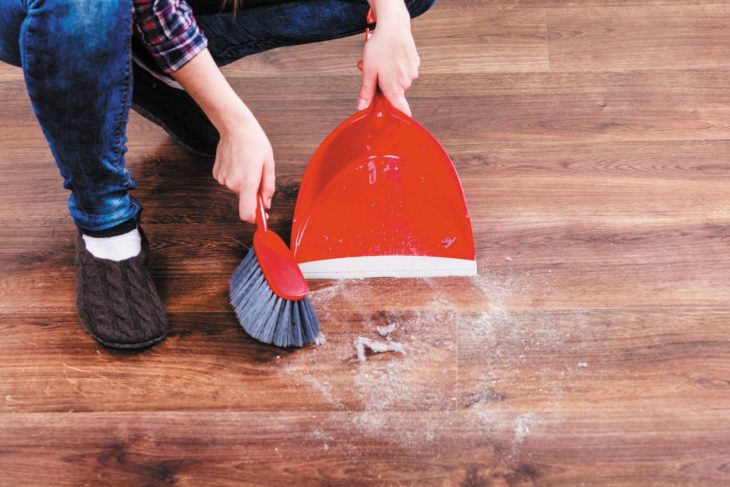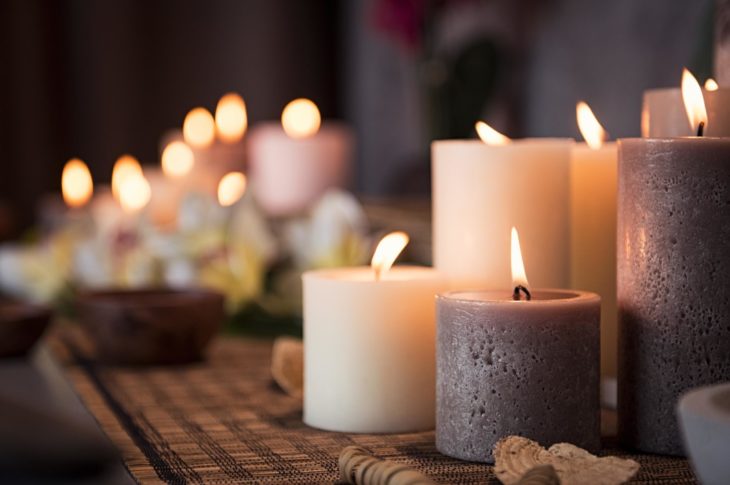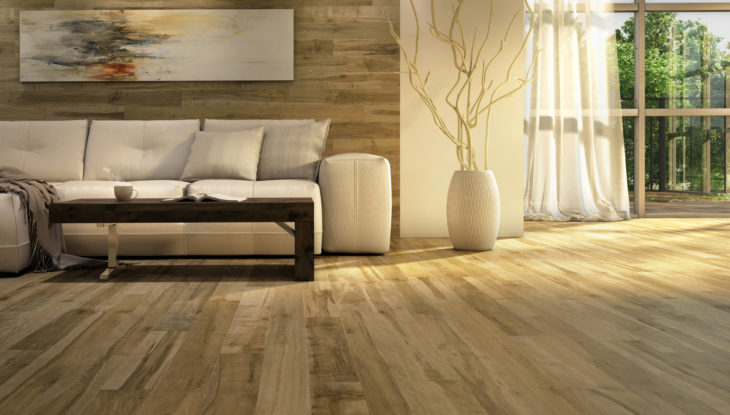Outdoor air pollution may be responsible for a vast number of deaths and health conditions, but the quality of the air we breathe indoors is just as vital. We spend around 90% of our time inside, meaning that the air we breathe in here can have a significant impact on our health and wellbeing. If you’re an allergy sufferer, have asthma, or simply want to ensure the air in your home is better quality for your health, here are some tips on how to reduce indoor pollutants.
Contents
Keep the Windows Open
The first tip is also the cheapest – opening the windows is free and actually is very effective in increasing ventilation and freshening up the air in your home. Even if it’s just for ten minutes each morning, opening all the windows in your home will help to minimize indoor pollution.

Source: health.harvard
Run the AC
If you have an air conditioning unit installed, running this throughout the day will help to remove indoor pollutants. This is especially important if you have pets, as it will reduce the number of irritants, pet hair and dander that is in the air, the air filter will also help stop bad air from outside entering your home, the filter, such as FilterKing can stop most outdoor pollution from ever entering your home.
Avoid Candles
Candles are great for adding a lovely scent and ambiance to your home, but they do give off toxic gasses and chemicals which leech into the air. If you have a fireplace, it’s also a good idea to have it checked and maintained regularly, as well as to install a carbon monoxide detector.

Source: independent
Choose Hardwood Floors
Carpets might be cozy, but they trap dirt and pet hair much more easily than hardwood or laminate flooring, so they lead to higher levels of pollution and an increase in symptoms for allergy sufferers. If you already have carpet installed, you may want to make the switch to a hardwood alternative, which will be easier to keep clean. Another useful tip is to use a doormat to prevent too much dirt and pollutants from entering your home, and to take off your shoes before you step into the rest of the property to minimize the extent that dirt spreads.
Run a Dehumidifier
The humidity level in your home should be within the range of 30 to 50%, so proper ventilation is key, especially in damp areas such as bathrooms, kitchens, and utility rooms. This prevents mold from developing, which has been linked to respiratory problems.

Source: bcbestflooring
Opt for Chemical-Free Cleaners
Toxic chemicals in air fresheners, cleaning products, and sprays, particularly those which contain limonene, are damaging to our respiratory health. Instead of using toxic chemicals, you can make your own using white vinegar and natural scents such as lemon zest, which clean just as effectively without the risk to your health.
Fill Your Home with Plants
Plants aren’t just a decorative feature, although they do make any home look more presentable. Studies suggest that some plants can actually reduce the levels of compounds such as formaldehyde and benzene, such as spider plants, ferns, and English ivy, so they’re the ideal addition.
